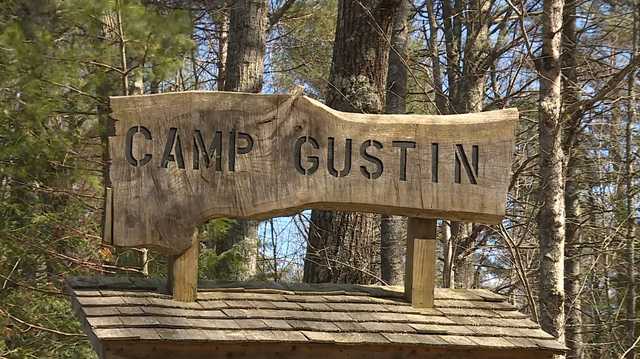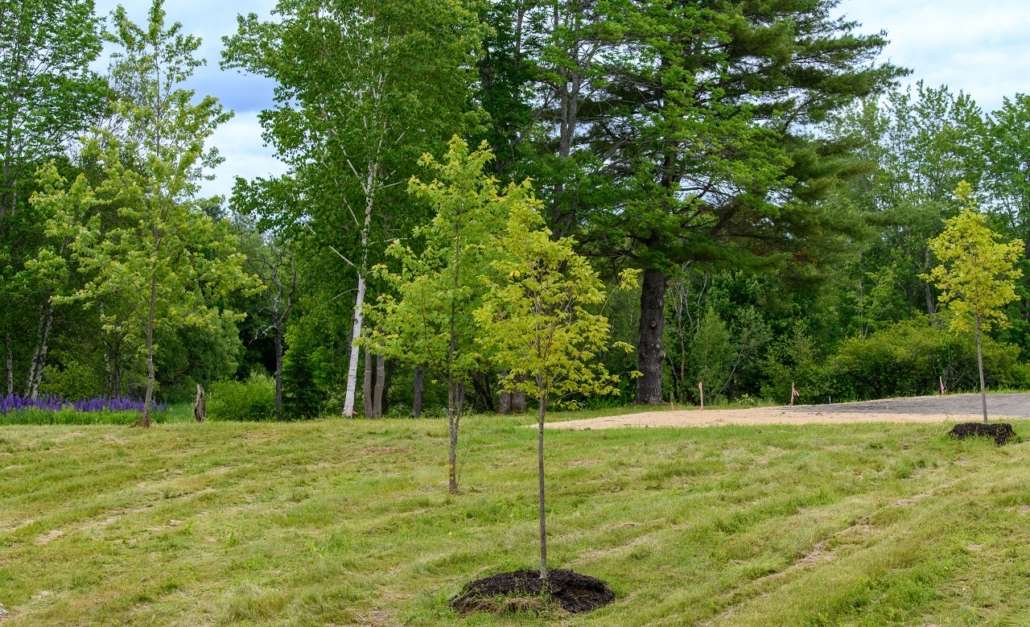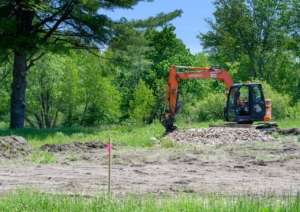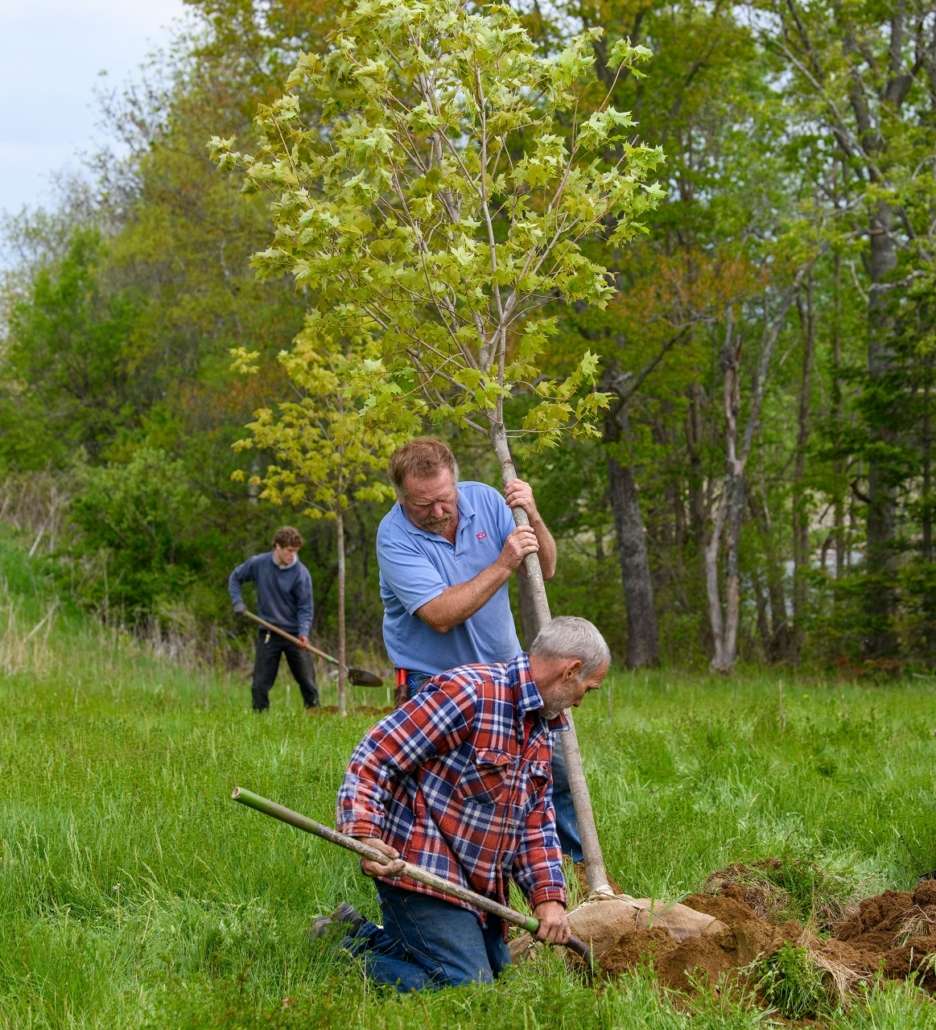BHB&T donates to numerous nonprofit organizations
 Bar Harbor Bank & Trust employees recently presented more than $19,000 in donations collected through the bank’s employee-driven charitable giving program, Casual for a Cause, to nine nonprofit organizations serving Maine, New Hampshire, and Vermont residents. The recipients of the donations are: Eastern Maine Community College Foundation, Kennebec Valley Community College Foundation, Lubec Community Outreach Center, Machias Area Food Pantry, and Schoodic Food Pantry in Maine; Dismas Home of New Hampshire and The River Center in New Hampshire; and BarnArts Center for the Arts and Village for Paws Rescue in Vermont.
Bar Harbor Bank & Trust employees recently presented more than $19,000 in donations collected through the bank’s employee-driven charitable giving program, Casual for a Cause, to nine nonprofit organizations serving Maine, New Hampshire, and Vermont residents. The recipients of the donations are: Eastern Maine Community College Foundation, Kennebec Valley Community College Foundation, Lubec Community Outreach Center, Machias Area Food Pantry, and Schoodic Food Pantry in Maine; Dismas Home of New Hampshire and The River Center in New Hampshire; and BarnArts Center for the Arts and Village for Paws Rescue in Vermont.
Employees participating in Casual for a Cause dress casually on Fridays in exchange for a bi-weekly payroll deduction made to a pool of funds collected during each quarter. The employees then vote on which nonprofits will receive their contributions. Employees have donated more than $220,000 since the program begin in 2018.
“We often say that our employees are passionate about the communities where we live and work, and Casual for a Cause is a testament to that,” said Jack Frost, VP Director of Community Giving at Bar Harbor Bank & Trust. “The employees participating in the program give from their own pockets to support our neighbors and create better communities, and we are always amazed by their generosity.”
Local recipients of Q1 2023 donations include:
Kennebec Valley Community College (KVCC) Foundation invests in students, faculty, and programs to empower individuals and to build stronger communities. The nonprofit organization raises funds to promote and support all educational programs; provides state-of-the-art equipment and facilities; and ensures access through scholarship funds for students. Learn more about KVCC Foundation at www.kvcc.me.edu.










 Summer programs will be active and enriching for youth attending area scout camps and scout activities according to two leaders of these programs. Brittany St. Amand, of Pittston, and Shelley Connolly, of Pittsfield, have spent months organizing and getting things ready for outstanding summer programs.
Summer programs will be active and enriching for youth attending area scout camps and scout activities according to two leaders of these programs. Brittany St. Amand, of Pittston, and Shelley Connolly, of Pittsfield, have spent months organizing and getting things ready for outstanding summer programs.


